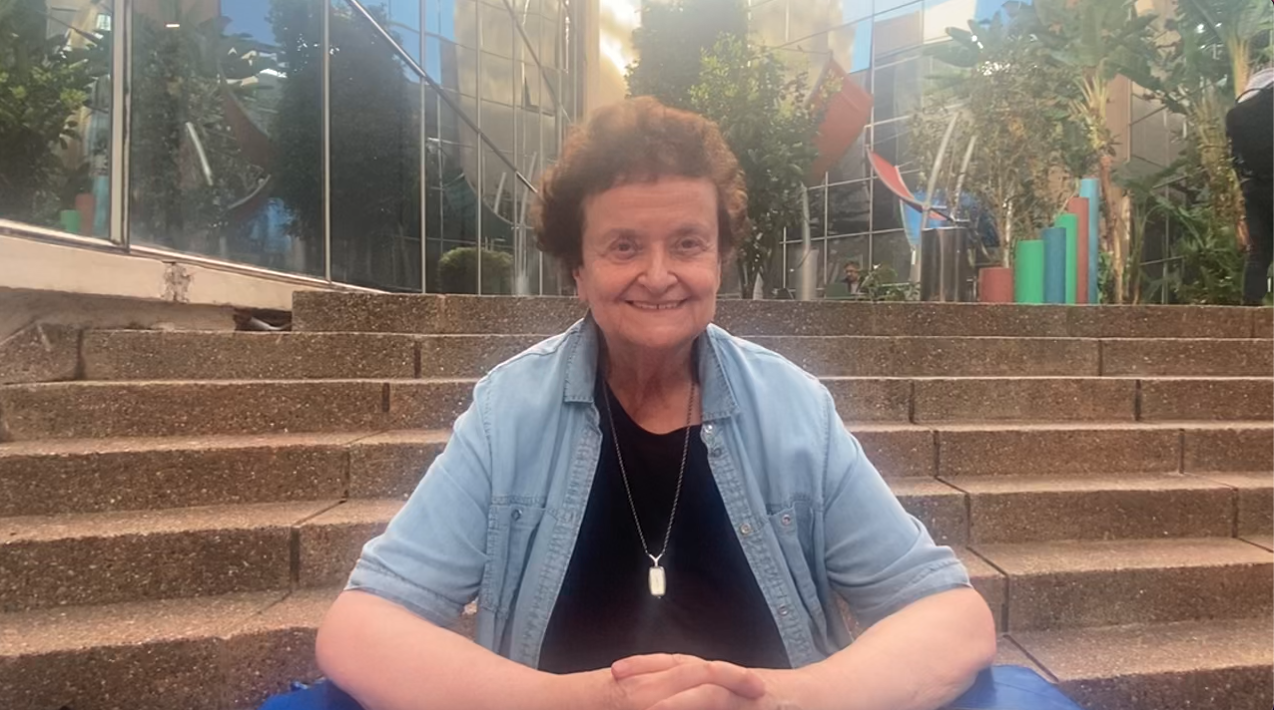The year was 1998. A heart-breaking war, started in 1991, was finally winding down in Croatia. In addition to the massive number of casualties, Croatia’s political and economic system changed dramatically when the country emerged from the break-out of former Yugoslavia, also in 1991. Corrupt privatization devastated the economy. Big companies vanished. Unemployment was astonishingly high.
Professor Slavica Singer wanted to do her part to rectify this situation. Teaching and researching at the J.J. Strossmayer University in Osijek located in eastern Croatia, just about 40 kilometers from the Serbia border, Singer endured personal hardships like so many of her fellow citizens.
She wanted to help the country rebuild. It had been almost a decade and there was hardly a thought about how economic development could help the post-war recovery. This increasingly bothered Singer. The sense of disappointment became even greater when Singer engaged in a discussion with a United Nations official as the UN administration was in the process of leaving eastern Croatia.
“I asked him – ‘when can we discuss economic development for this devastated region?’” she recalled. “He told me ‘it isn't time to discuss economic development; we have to discuss humanitarian aid.’ I was so frustrated. I couldn't believe that eight years since the start of the war, we still couldn't discuss economic development.”
Coincidentally, shortly thereafter, Singer read an article about entrepreneurship research. She was drawn to a footnote crediting research conducted by Babson University Professor Paul Reynolds, a co-author of the very first GEM Global Report.
“As a professor at the university, I had been thinking about what I could do,” Singer explained. “After I read this article about GEM, I thought this could be the solution.”
She reached out to Professor Reynolds who was in London at the time. He invited Singer to meet in London. Two days later, they were sitting together in Professor Reynolds’ office. Just a few minutes into the discussion, Singer was on board about the potential to use GEM data to help her country.
“I knew this was exactly the information we needed to take to the ministry,” Singer said.
Singer and Reynolds began to discuss the next steps. Singer was astonished at the costs that went into conducting the research. However, she was confident that she and her colleagues could do the research.
Demonstrating the collegiality of GEM that has been on display for 25 years, Professor Reynolds worked out a solution to overcome the financial gap for this first year until funding could be secured.
Croatia joined GEM in October 2001. After conducting the initial research, Singer requested a meeting with the head of the Ministry of Entrepreneurship and SMEs. Some thought that she was being too enthusiastic or even naïve. But Singer was undeterred and very confident that GEM data could make a difference for her country.
“I presented data that the ministry could use to formulate policies and programs to support SMEs in Croatia,” Singer recalled. “I explained the data for about 20 minutes. The minister didn't stop me. He was listening, not saying a word. I couldn’t read his reaction. When I was done, he said, ‘I will finance it. You have to deliver what you have promised.’ Ever since then, the Ministry of Economy has been financing GEM Croatia.”
GEM Croatia joined the 2002 research cycle and hasn’t missed a year since then. For this achievement, GEM Croatia was recognized with a gold award at the GEM Silver Anniversary awards ceremony. Over these two-plus decades, GEM data has been used to design government policies and programs that support the entrepreneurial ecosystem in the country.
For example, the GEM Croatia team worked closely with the Ministry of Economy, Labour and Entrepreneurship to assist in an annual review highlighting Croatia’s progress in fulfilling the EU Charter on Small Businesses and Enterprises’ requirements. New programs have been introduced for incubators and development agencies. Educational entrepreneurial competences at universities and at the vocational schools have been developed.
GEM Croatia data has shed light on important entrepreneurial shifts over the years since the end of the war (using Total Early Entrepreneurial Activity Index - % of adult population active in starting a business – TEA, and confidence in one’s own skills):
TEA Skills
- 2002 3.6% 39.6%
- 2012 8.3 44.1
- 2022 13.2 73.6
In addition to leading GEM Croatia for 22 years, Singer has taken on various appointments with GEM, including serving as a board member. She has been able to see GEM collegiality and impact from so many different perspectives. In the process, GEM has helped make a dream become reality for Singer.
She concluded: “GEM data has been used to provide evidence that certain interventions can develop the entrepreneurial capacity of our people. The GEM research interest did not come out of the blue for me. It was out of need as well as an opportunity. It has been deeply personal for me.”

